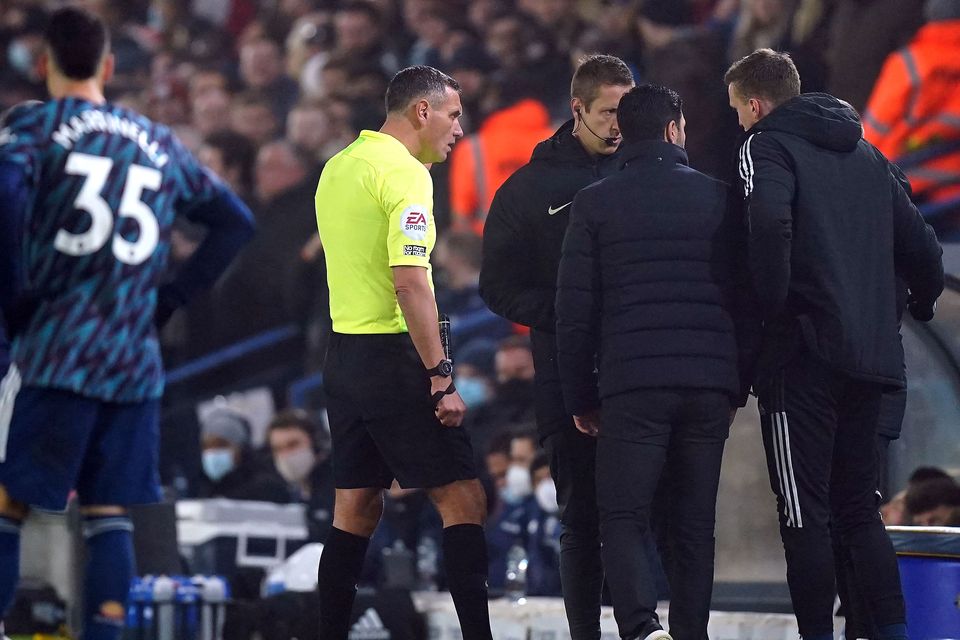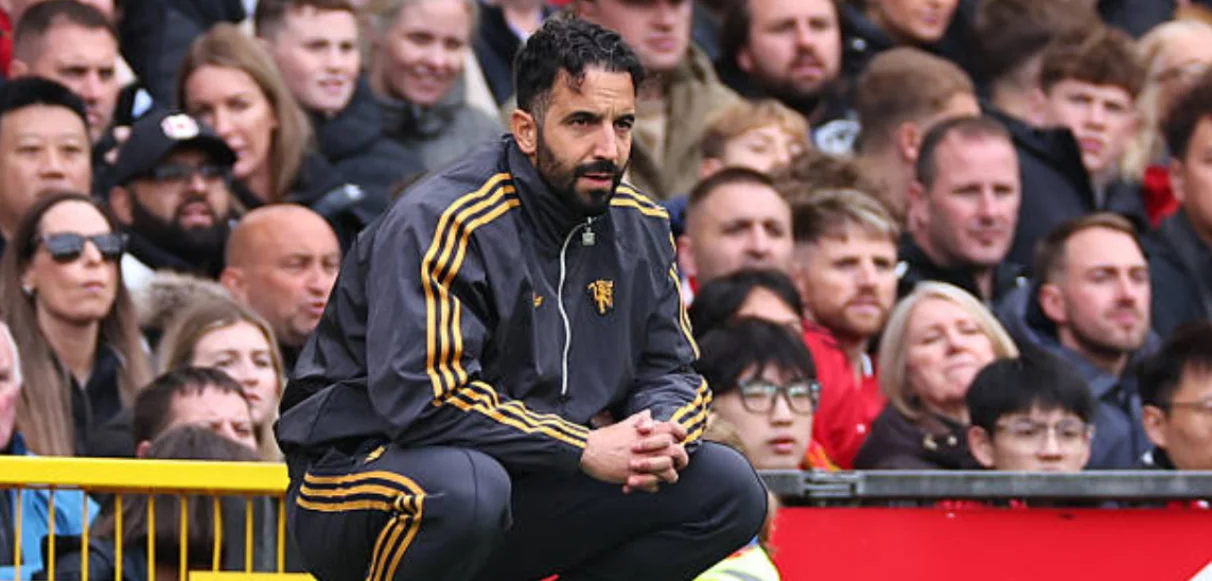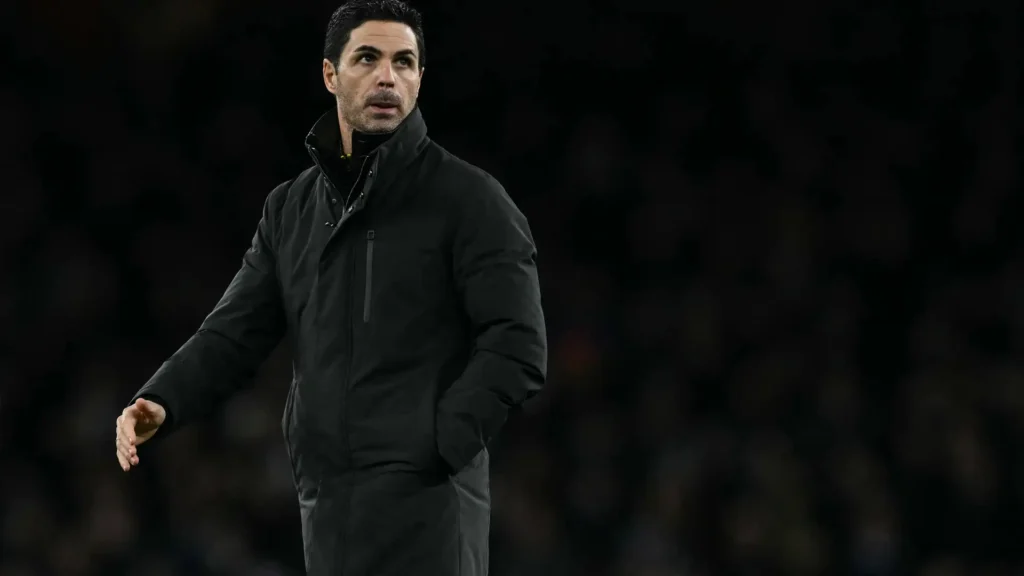There will be four significant changes to the English Premier League matches in the new season, which starts on August 11. The FA announced that this decision was taken in order to make the matches more interesting for the spectators, and to justify the ticket prices.
Going forward, net playing time will be better accounted for, meaning matches with long added time of over 10 minutes are set, as we witnessed at least at the start of the last World Cup. Referees are instructed to feel free to call longer overtimes when there is a delay in play. By comparison, last season in the Premier League the average net playing time was less than an hour, meaning more than 30 minutes were wasted.
Another important initiative is related to limiting the attempts of coaches and people from the staffs to influence the judgments of the referees. In this regard, only one person from a given club will have the right to stand in the outline in front of the bench of the respective team. Another staff member is allowed to stand at this time, but he must be further back near the other officials on the bench. All others must remain seated. Those who do not comply with this requirement will automatically receive a yellow card. In addition, if, for example, a person from the bench is kicked out by the referee, he will no longer be able to sit quietly in the stands and watch the match from there, but will have to be sent to an area without visibility to the field.
🚨 In an attempt to stop time wasting, Premier League referees will add up time lost on goal celebrations, free-kicks and penalties next season.
The matches could in theory last as long as the games in the 2022 World Cup. 👀
Last season the average playing time in a match was… pic.twitter.com/865duLStIq
— Football Tweet ⚽ (@Football__Tweet) July 28, 2023
On the field itself, freer play will be allowed, but this does not mean lowering the criteria, where the referees will mark violations and show yellow and red cards. The goal is to have less game lag.
The FA is also implementing a new method to limit protests against referees by players on the pitch. If one or more contestants surround the referee in order to express their dissatisfaction with his decision, the referee will have the right to officially warn at least one of them.



 Chelsea suffer major blow as Cole Palmer ruled out for six more weeks with groin injury
Chelsea suffer major blow as Cole Palmer ruled out for six more weeks with groin injury  Premier League expert tips Thomas Tuchel for Manchester United job after 2026 World Cup
Premier League expert tips Thomas Tuchel for Manchester United job after 2026 World Cup  Manchester United has three options for Amorim replacement
Manchester United has three options for Amorim replacement 










